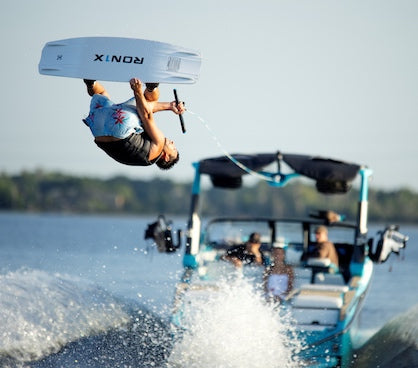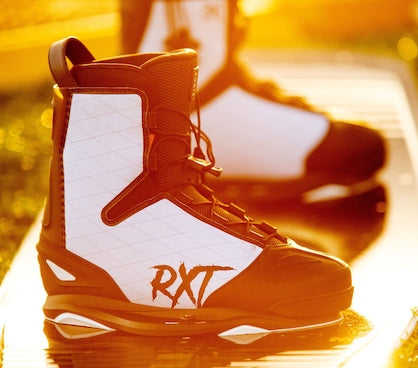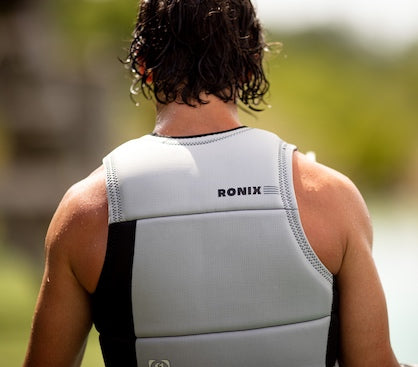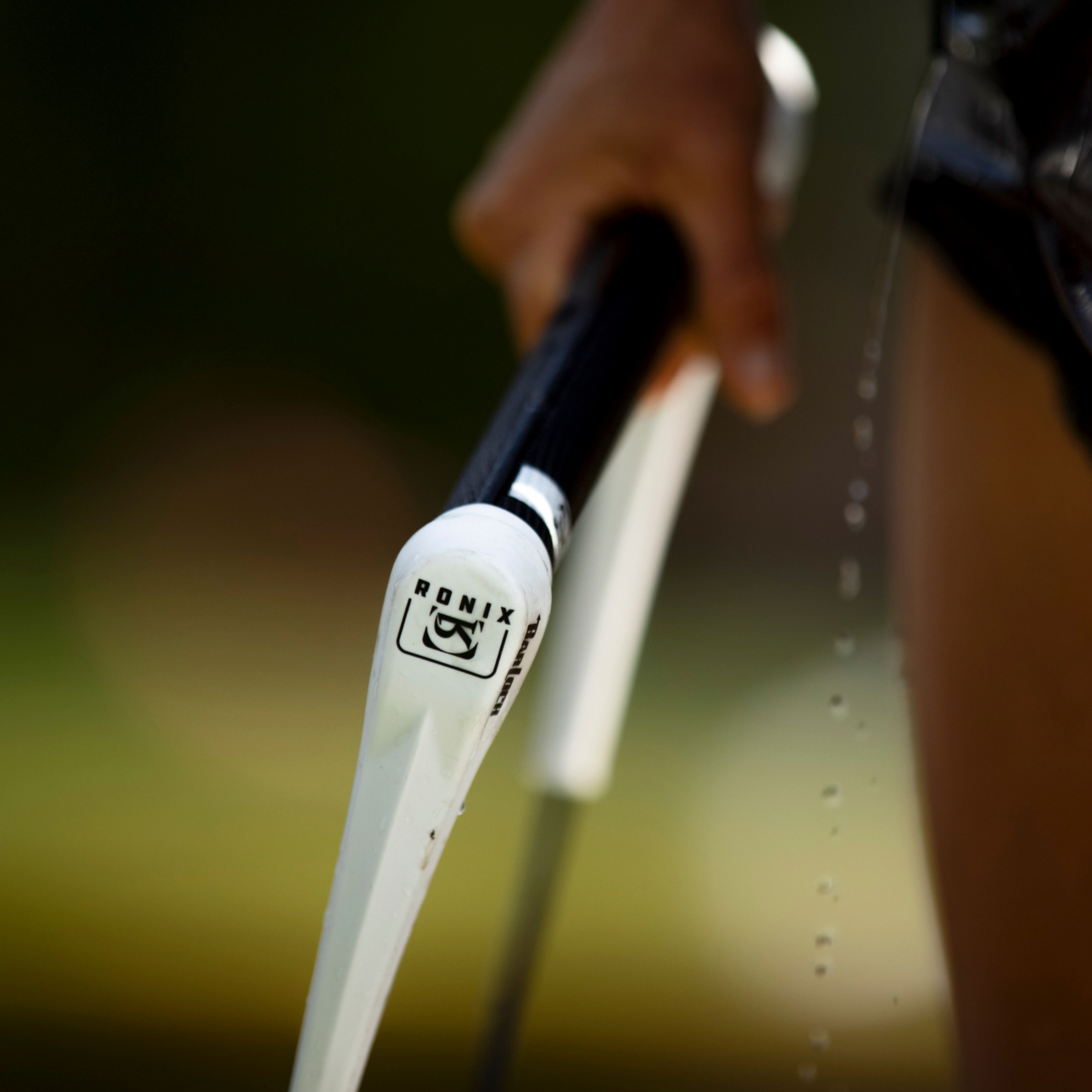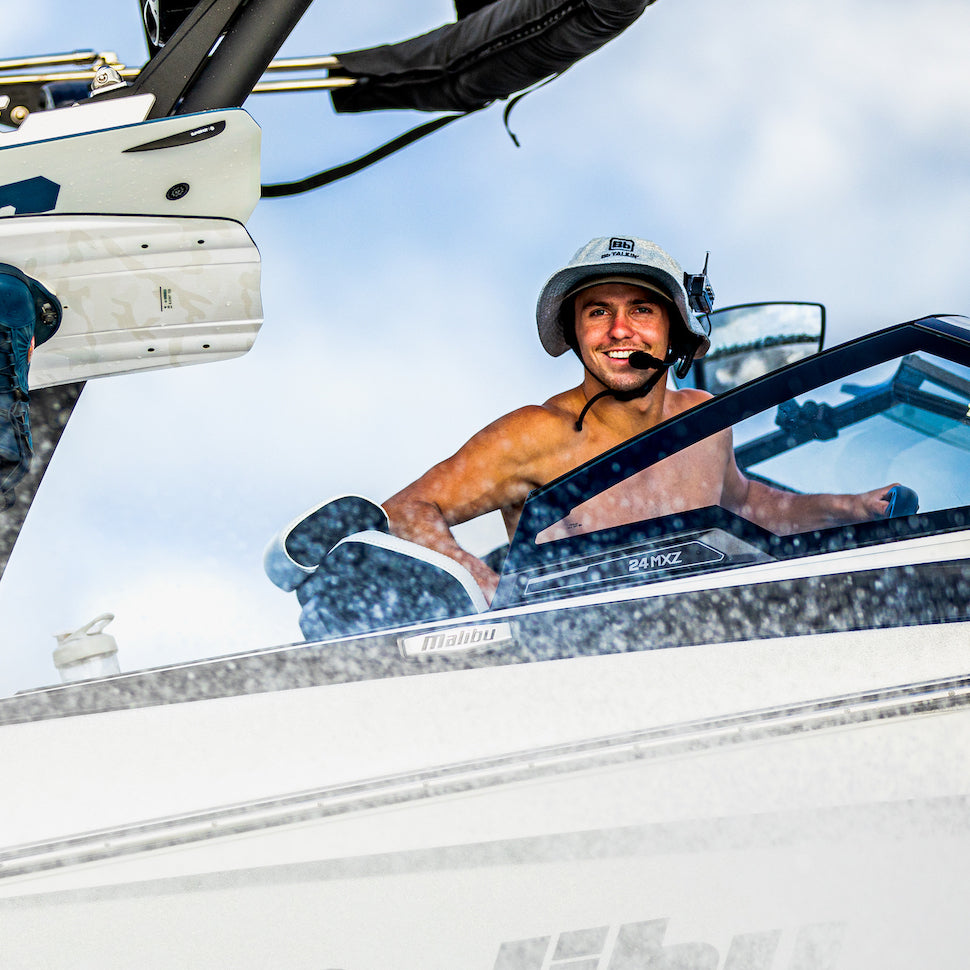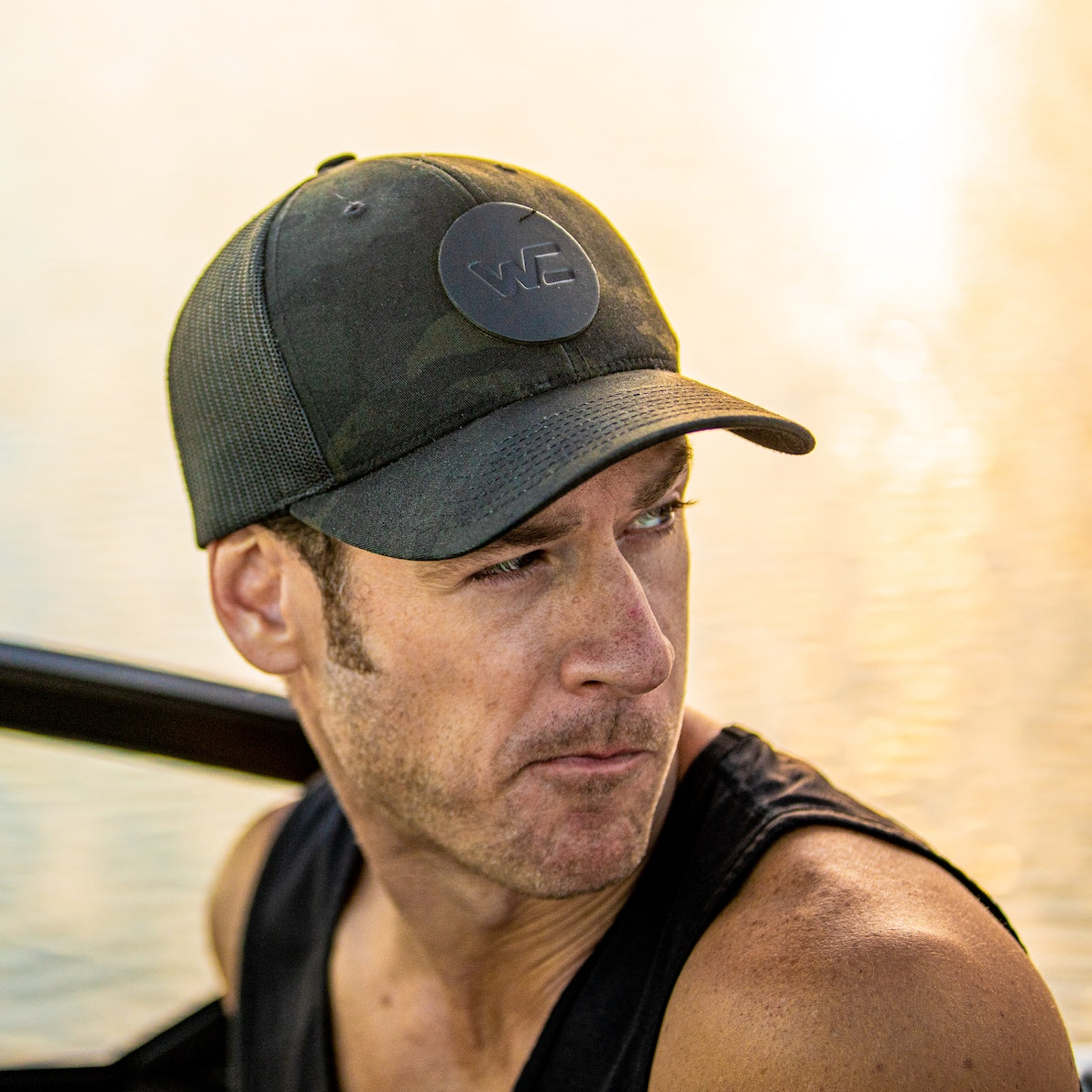Sometimes, in order to save others from short term suffering, we rob them of long term growth. Born of good intentions, this human natured reaction to relieve others from hardship and pain can have unintended negative consequences.
THE STRUGGLE

It's the same reason that we're taught that we can't help a baby bird or reptile emerge from its shell. The fact is, it needs to struggle and break through the shell to build strength, endurance and a strong will. Depriving the bird of this, could even prevent them from surviving in the real world. The same is true for many other experiences in life. There's a saying in wakeboarding that I tell my students all the time, "If you're not falling, you're not learning."
I recently started playing Hockey again after a 13 year hiatus. I'm not a great player, in fact, I never was all that great even when I played every day back in high school, but I really love playing the game.

By nature, I push myself to learn and become proficient because that kind of progression keeps me motivated. I started playing more drop-in games because, among other things, it allows me to play with players far above my level.
Playing with more advanced players allows me to learn in two main ways:
- I learn by observation. Simply watching how the other players position themselves and interact with each other on the ice allows me to visualize what I should be doing.
- It exposes my weaknesses. Playing with players at or below my level won't always expose my vulnerabilities. However, if the opposing team keeps stealing the puck from me or I keep missing easy passes, what I need to work on becomes obvious.
WHAT'S WORSE THAN FAILURE?

My biggest pet peeve is when, out of the goodness of his heart, my opponent goes easy on me. How can I learn if you always lighten up your defense when I'm controlling the puck? How do I know what works and what doesn't if I never get blocked or have the puck stolen from me? It doesn't happen all the time, and although I appreciate their good intentions, it definitely prevents me from learning. I want my opponent to go after the puck when I have it. We're all better off that way. Eventually, if you allow me to fail, I will refine my skills and it should become harder and harder for you to get the puck away from me.
FAILURE CAN BE A MENTOR
Every good comeback story is born out of some form of failure. When we attempt to help others, let's make a conscious effort not to rob them of opportunities to grow by saving them from the negative consequences to their actions. This is true in friendship, family, leadership, business, politics, and life in general. Emotional bailouts only prolong our pain. Let's all get better at tearing off the band-aid, becoming more resilient, and learning from our mistakes rather than avoiding the consequences.
